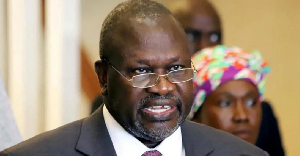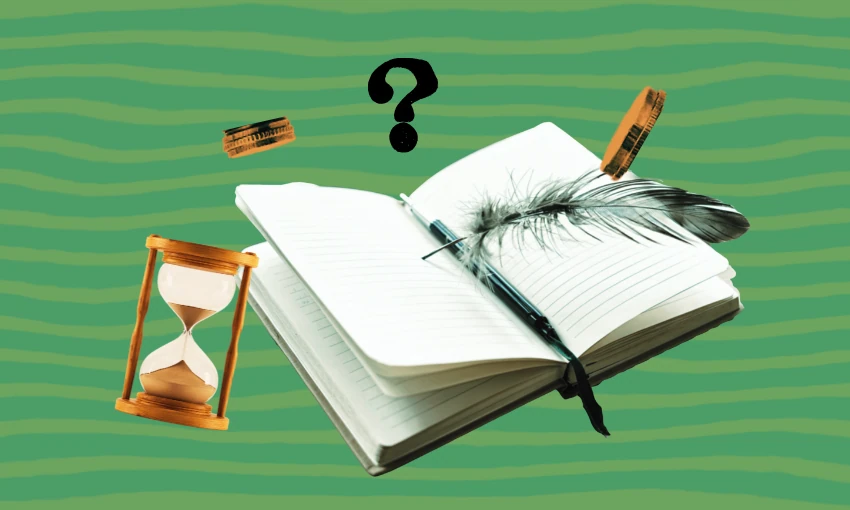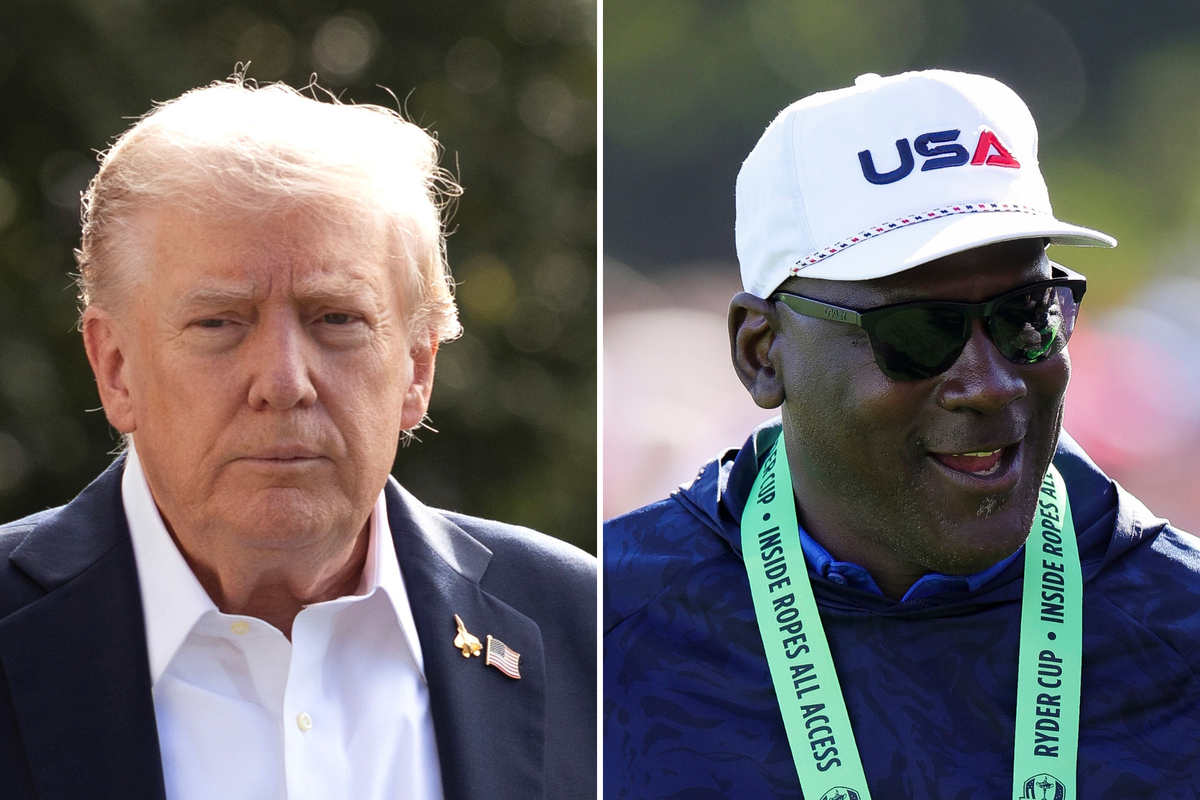Copyright ghanamma

Suspended South Sudan First Vice-President Riek Machar and seven of his lieutenants are on trial for treason and other crimes, in a case that tests the country’s constitution and justice system, as Machar loyalists challenge its validity under the 2018 peace pact. The trial, which opened on September 22 in Juba, is the first of its kind since the country plunged into war only two years after gaining independence in July 2011. Prosecutors accuse the eight of committing crimes through the White Army, a militia linked to Machar’s Sudan People’s Liberation Army–In Opposition (SPLM-IO). Given the sensitivities around the political coalition that has kept South Sudan in relative peace since 2018, the international community has stressed the need for the process to be seen as a pursuit of justice rather than a political witch-hunt. The United Nations said it is closely monitoring proceedings in Juba. UN Secretary-General’s spokesperson Stéphane Dujarric stressed that the judicial process must adhere to international standards of fairness and transparency, with full respect for the rule of law and human rights. Machar and his co-accused face charges of treason, murder, crimes against humanity, destruction of public property, and financing terrorism. The charges stem from a March 2025 militia attack on a military base in Nasir, Upper Nile State, which left more than 250 soldiers and a general dead. The government claims the attack was ordered by Machar. Branded the “Juba Eight,” the accused are Machar, former petroleum minister Puot Kang Chol, SPLM-IO commander Lt-Gen Gabriel Duop Lam, Mam Pal Dhuor, Gatwich Lam Puoch, Brig-Gen Camilo Gatmai Kel, Mading Riek Yak, and Dominic Gatgok Riek. The prosecution is led by lawyer Ajo Hsia. At the centre of the legal argument is whether the White Army’s attack on the South Sudan People’s Defence Forces (SSPDF) garrison in Nasir violated the 2017 ceasefire agreement, and whether SPLM-IO gave the orders. The White Army is a ragtag militia of Nuer youth. The defence team, led by former Court of Appeal judge Dr Geri Raimondo and veteran lawyer Kur Lual Kur, argues that Machar has immunity under the 2018 Revitalised Agreement on the Resolution of the Conflict in South Sudan (R-ARCSS). Dr Raimondo said the R-ARCSS supersedes the 2011 Transitional Constitution, meaning Machar can only be tried by the yet-to-be-established Hybrid Court, which has exclusive jurisdiction over violations of international law and grave breaches under the peace deal. He added that since Machar and his co-accused hold positions created by the peace agreement, any serious charges against them must go before that court. But prosecutor Mr Ohisa countered that violations of the constitution and criminal acts cannot await the creation of the Hybrid Court. He rejected the immunity claim, arguing that constitutional immunity under Article 103 of the 2011 Constitution applies only to the President, not to members of the wider presidency. “Immunity is a statutory creation, not an absolute privilege,” Mr Ohisa said. Justices James Alala (presiding), Stephen Simon, and Isaac Pur Majok face the challenge of proving to South Sudanese that the judiciary is not being used to wage political battles. Machar’s supporters insist the trial is a political witch-hunt, drawing parallels with cases in Uganda and Tanzania, where opposition leaders Dr Kizza Besigye and Tundu Lissu are in jail, battling treason charges. The court must now dispel the perception that the trial is less about justice than about manifestations of the ambitions of Dr Machar and President Salva Kiir’s determination to hold on to power and sideline his rival.



